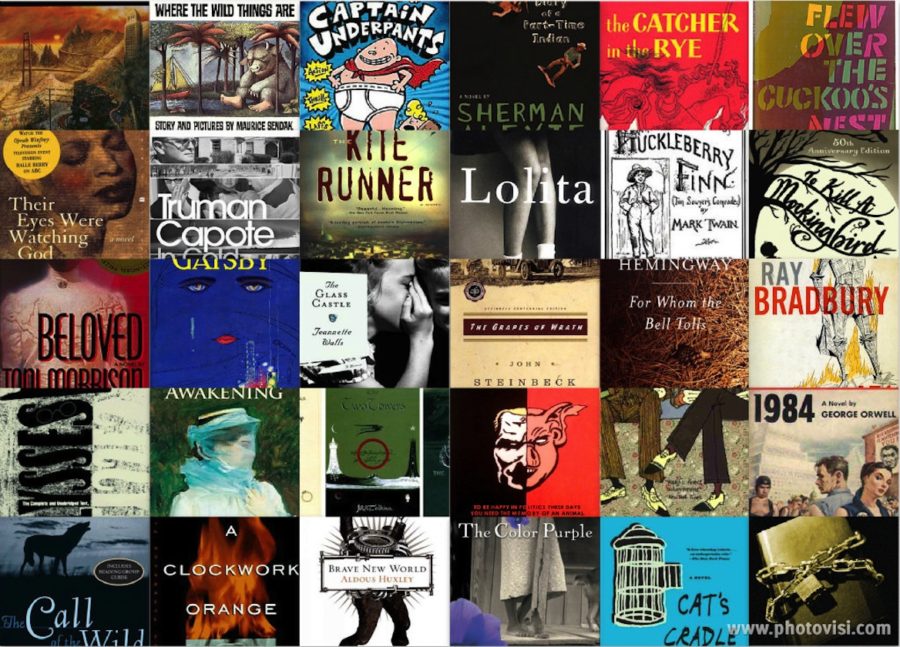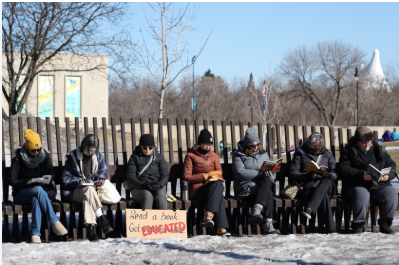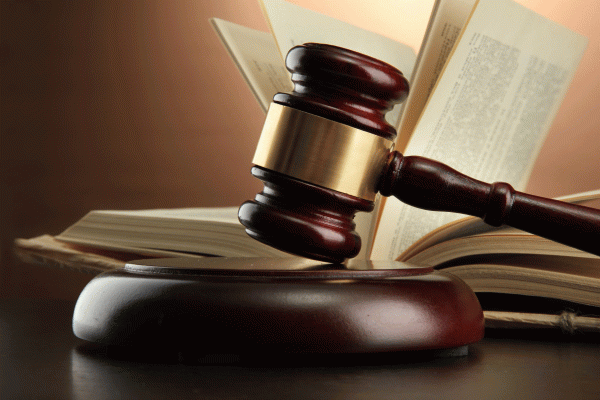Book ban bill
One of two bills targeting books in North Dakota’s public libraries passed the legislature this session. Senate bill 2360 would have allowed librarians to face criminal charges, and passed the Senate with a 38-9 vote. The House Judiciary Committee gave the bill a 9-3 “do pass” recommendation, however, the House Appropriations Committee had voted 16-3 along with a “do not pass” recommendation after learning that the estimation of state costs would be $450,000. Governor Burgum vetoed the bill and the House was unable to override his veto.
Along with this bill, House bill 1205 passed and is also in favor of the same thing, specifically for “prohibiting public libraries from maintaining sexual material.” This bill removes “explicit sexual material” from public libraries’ children’s collections. These two bills define “explicit sexual material” as “any material which, taken as a whole, appeals to the lewd interest of minors: is patently offensive to prevailing standards in the adult community in North Dakota as a whole with respect to what is suitable material for minors: and taken as a whole, lacks serious literary, artistic, political, or scientific value for minors.”
When I asked librarian Tyler Scott who decides what is carried in the library, he said “I decide, but there is district policy that determines what should be in the library. There are three things, one: age appropriate, two: ties into the curriculum somehow, and three: it has to be well reviewed.” He stated that there are vendors who specialize in selling books to schools. When looking and researching if a book is appropriate for our library, he looks at reviews by people who get paid to review books, and that gives a big indication of whether the book is appropriate or not. The library also receives magazines that go over certain genres. For example, he receives a magazine that goes over manga and graphic novels and then looks at the ratings, which is another indication of whether or not certain books could be carried.
I asked about where he thinks the line is drawn between inappropriate material or censorship, and he stated “Well I could read something with favorable reviews, it could be deemed age appropriate, and it could be tied into the curriculum, and I may think that it is inappropriate material, but that doesn’t stop somebody else from saying that they would prefer that their child didn’t read it, or that the student themselves say, ‘no I don’t think that this is appropriate.’”
While this is a good point that helps us understand the complexity of these bills, he makes another good point. “The interesting thing about the library, though, is that nobody is requiring anyone to use any of the materials that are in here. It’s voluntarily being checked out or consumed by the patron.”
This makes a big difference between checking out a book from the library and reading a book for class. However, when I asked if the library has ever gotten complaints by a student or a parent, he said that “Every year I’ve been here, there’s been a student who checks out a book who is like, ‘wow, I didn’t know that books like this would be in the library.’ But it has never gotten to that level of saying that it shouldn’t be in the library.”
In the end, if a parent/guardian didn’t want specific material in the library, there would be a “reconsideration policy,” where parents, principles, teachers, and librarians read the material and eventually come together to have a conversation about whether or not the material is appropriate and if the library should continue to hold that material.
The bill that passed doesn’t affect high school libraries, but it will still make it difficult to read controversial books without going out and buying them at a retail store, which makes it difficult for a large number of people that use the library to get their reading materials.
Your donation will support the student journalists of Fargo North High School. Your contribution will allow us to resume physical printing of our newspaper for students at Fargo North!
My only hobbies include reading and writing, and I am open to any recommendations, so give me your favorite books and I'll read and review them!



